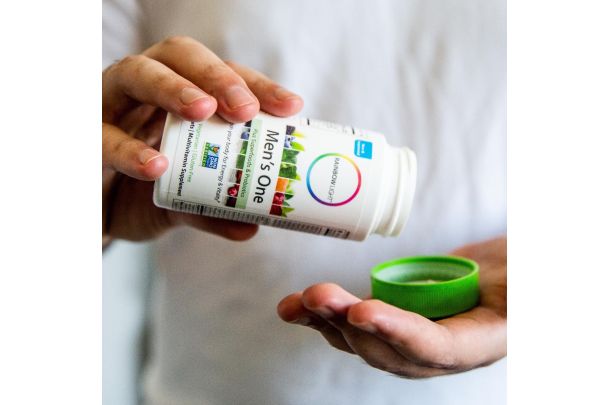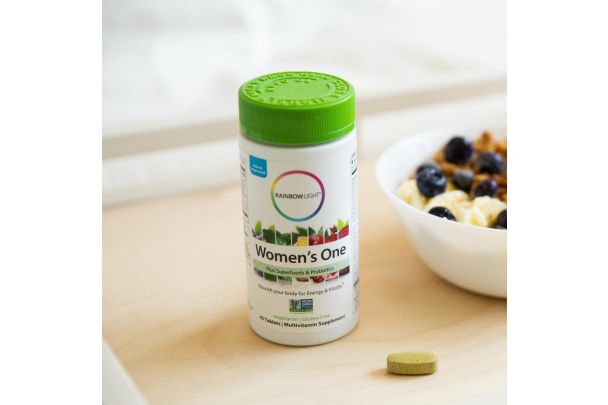
It’s not always something we think about, but supporting strong bones is critical to optimal wellness—especially as we grow older.
Your bones provide the framework for your body. They protect your organs, keep your muscles in place, and store important minerals like calcium. And within your bones, in the soft, spongy tissue called bone marrow, is where your red blood cells and most of your white blood cells are created.
Bones are living structures with their own cells and blood vessels, and throughout life your bones are continually regenerating. However, this regeneration occurs at a much faster rate when we’re younger and begins to slow down as we get older.
What vitamins and minerals do bones need?
First and foremost, your bones need calcium to grow and regenerate. In fact, you’ve probably heard calcium called the “building block” of strong, healthy bones.
If you’re not getting enough of this mineral in your diet, your bone health may suffer, and bones may become weak. Many published studies show that low calcium intake throughout life is associated with low bone mass. Additionally, national nutrition surveys have shown that most people are not getting the calcium they need to grow and maintain healthy bones. Too little calcium contributes to low bone density, which is essentially a measurement of how much calcium and other important minerals can be found in your bone tissue.
Healthy bones also need vitamin D.
Without it, your body may not be able to absorb key minerals from your diet—including calcium and phosphorus—that are needed to support bone health. Vitamin D also supports healthy cell growth and immune function.
Magnesium, an essential macro mineral, is also important for healthy bones. Because magnesium helps to regulate the absorption and use of vitamin D and calcium, it is necessary for preserving healthy bone density.
Phosphorus, another macromineral, works side by side with calcium and magnesium to help form strong bones—so much so that one study revealed that consuming adequate phosphorus is associated with healthy bone mineral content and bone mineral density. A Mayo Clinic report called phosphorus “as important as calcium in supporting bone augmentation and maintenance.”
Strong bones also need vitamin A to support the continual work of breaking down old cells and building new ones. Other vitamins and minerals that may support healthy bone growth and renewal are vitamin B12, vitamin C, vitamin K, and zinc, but additional research is needed to confirm their bone-benefitting effects.
Now more than ever, taking steps to protect and preserve bone health is critical, and it begins with making sure our bodies get the nutritional support they need to ensure a strong skeletal structure. Taking a daily multivitamin is a great way to get started.




